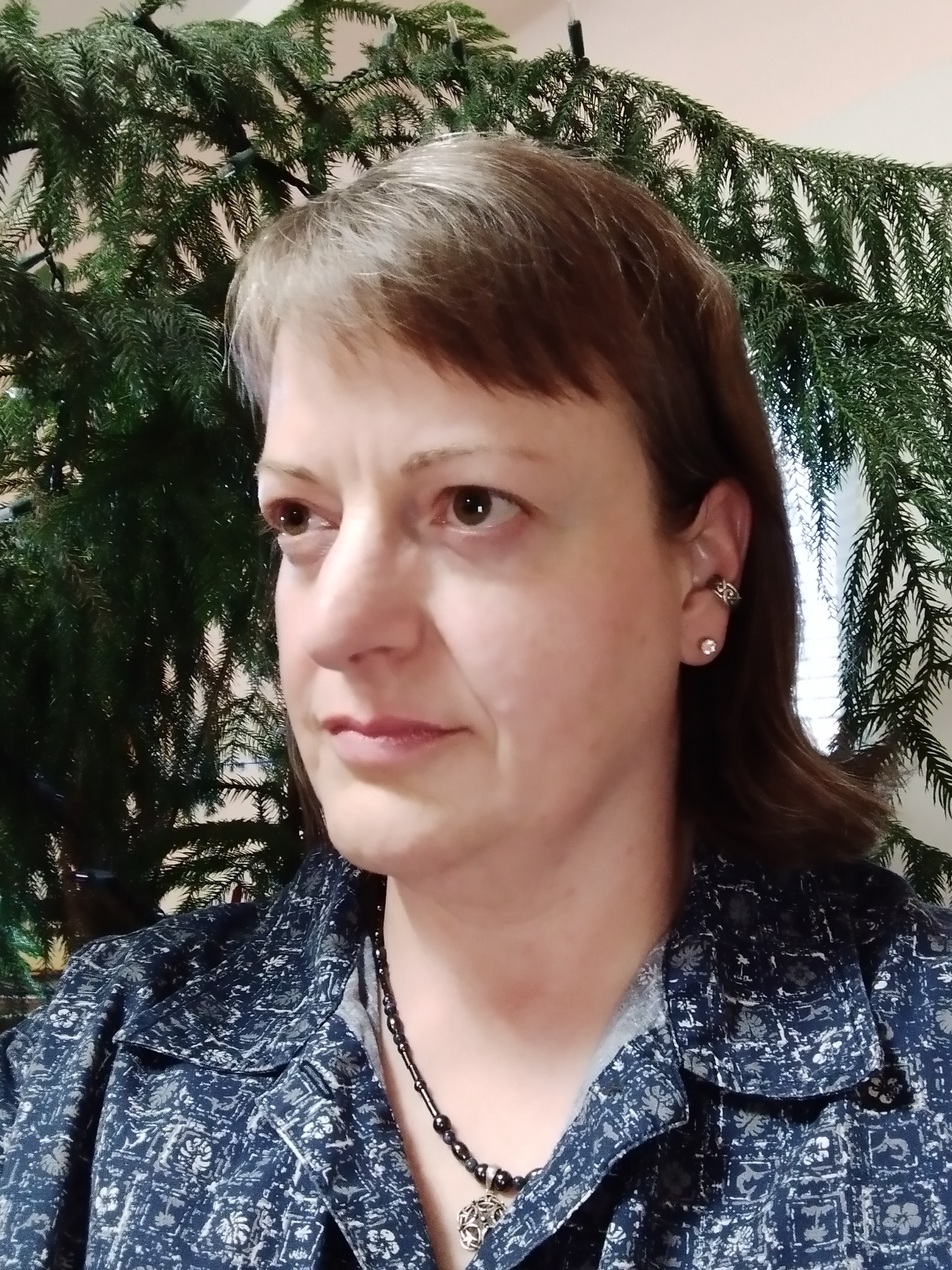Tales From a Backyard Front: Experiences & Insights from Colorado’s Intellectual and Developmental Disabilities System
Welcome guest blogger, Jo Booms, a passionate advocate working in the IDD community.
By Jo Booms
Episode 1: Add Respect, & Shazam, Transformation
Jo Booms was born in Pueblo, Colorado, to a mother who worked in special education and a father who worked with teens with conduct disorders. Jo grew up in close contact with people with IDD and discovered a love for working with peers with IDD at age twelve, when schoolyard bullying led her mother to ask one of her school’s special education teachers if Jo could volunteer in the teacher’s classroom over the lunch hour. Jo soon began to volunteer at a local group home for adolescent girls with IDD as well. Jo received an A.A. degree from Cottey College in 1991, where she had intended to major in chemistry so that she could pursue finding a cure or treatments for Batten Disease, but had to switch to history because of mounting brain damage from a then undiagnosed genetic disorder. Jo received a B.A. in History from Colorado State University-Fort Collins in 1994 and worked as an archaeological field assistant until being sidelined by muscular and neurological impairment. Jo returned to working with people with IDD both in physical care and case management, until sidelined by total disability in 2002 when she was diagnosed and began treatment. Jo returned to part-time work in the IDD system in 2009, providing speech interpretation, secretarial services, and community access for a friend served by the IDD system until the friend’s death in early 2021. Jo currently serves on the board of directors for the Colorado Cross-Disability Coalition, where she advocates for IDD system reform.

In 2017, my friend Jeanie and her personal care worker and I were traveling out of town and decided to stop for something to eat. Jeanie, who received services through Colorado’s IDD system from around 1975 until her death last February, was a certified disability advocate through the Colorado Cross-Disability Coalition. For a couple of years, she also had a paid job training case managers at the CCB that served her. I worked with her in paid or volunteer capacities for twenty-three years, first as a physical caregiver and later as her advocate, speech interpreter, secretary, and community access person.
When we entered the restaurant, Jeanie and her personal care worker went off to the restroom. I chose a table. An employee who appeared to have a developmental disability was going around cleaning tables and chatting with the diners. He asked several people what their job was, and told them how much he enjoyed his job. As he drew near, I cringed internally. For an irrational moment I thought of fleeing, but Jeanie and her personal care worker weren’t back from the restroom yet. The man reached my table and we traded introductions. Then he asked the question I was dreading - “What is your job?” With as open and friendly an expression as I could muster with my heart in full plummet, I replied that I worked with people with disabilities.
One wouldn’t expect this question to be a pit trap for many people with developmental disabilities, but given my experience on the front lines of Colorado’s intellectual and developmental disabilities system, I knew my answer was likely to make it one. This open, engaging man’s expression was about to change, and I could guess how. On hearing my answer, the man’s sunny smile collapsed. Storm clouds rolled in and dumped a flood of distrust between himself and me. His face showed fear as well as anger tempered by wariness. He slowly backed away. He went to the far corner of the dining space and began wiping down tables, frequently looking over to make sure I wasn’t about to attack. I sat and tried to radiate harmlessness. There was no point in trying to radiate innocence; like anyone who works in IDD services, I get it wrong. Not all the time and never on purpose, but I don’t have an IDD and as much as I care about the people with IDD whom I’ve worked with, I’m not above making able-bodied perspective-induced mistakes.
Jeanie and her personal care worker threw me a lifeline when her personal care worker wheeled Jeanie up to the table. I asked Jeanie questions about what she wanted to include in a report we were planning. Her personal care worker joined in the conversation. After dropping all pretense of working so he could intently observe our discussion for several minutes, the man’s smile returned. He came over to the table and introduced himself to Jeanie and her care worker. He asked Jeanie’s personal care worker what her job was. This time, the question didn’t present a trap; he’d already observed her respectful interaction with Jeanie. After visiting with us for a few minutes, he told us he liked us and resumed cleaning tables.
This is the crux of what the public needs to understand about IDD services: the tax dollars we pay so that people with IDD can live and work in their communities fund services which all too often leave them fearing people and entities which provide those services. Too many people with IDD are on the front lines of a conflict almost no one outside the IDD world knows about, a conflict in which the system they depend on for quality of life is often unintentionally, and sometimes deliberately, against them. My declaration that I worked with people with disabilities made me suspect because so much of the time the IDD system is hell-bent on improving people with IDD instead of improving the lives of people with IDD. For all the man knew, I could have been packing a behavioral plan in my back pocket.
The other lesson from this encounter is just as important: all but the most traumatized people with IDD can flex their thinking about the workers and agencies providing their services. When you improve people with IDD’s lives, so many problems the IDD system spends its energy on disappear; everyone does everything better in environments they find respectful and nonthreatening. IDD system reform can be challenging, but each person with IDD is all the reason we need to keep improving the system.
So, let’s get to it!


